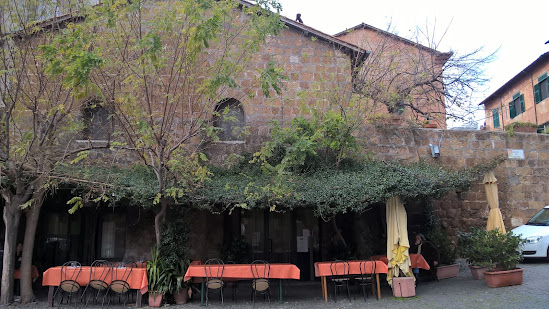Two weeks ago, a dear member of our blogging community wrote down her point of view about the spreading of covid-19 in terms of economic damages. Her thoughts reminds me that this epidemic crisis hasn't been affecting people who constistute the "upper class" (the top 10 percent of World population). She wrote: "rich people always do well out of a crisis".
As mentioned in my post on January 12, lockdown and curfew measures hit mainly retailers and people who run gyms, restaurants and cafés. Differently, the two world wars hit both rich and poor people. Actually, real estate value and stocks fell to low level in the period 1914-1945, because there were expropriations and physical destruction of capital, such as buildings, factories, and infrastructures. In addition, during a period of high inflaction, as we saw in the early 1920s and late 1940s, housing became less expensive for tenants, while landlords earned less on their properties, so real estate value fell.
Nowadays, businesses of many middle class people, who run clothes shops, gyms and restaurants, have decreased sharply because of lockdown measures. To sum up, many people have lost their job because of the spreading of epidemic, but rents and the rate of return on capital is always the same.
(The epidemic also took travel away)(... typical small restaurants are still closed)
Unfortunately, the author of the brief comment above mentioned is right. From a socio-econimic perspective, the 2020/2021 pandemic has been affecting only the lower class and the main part of the middle class.






























